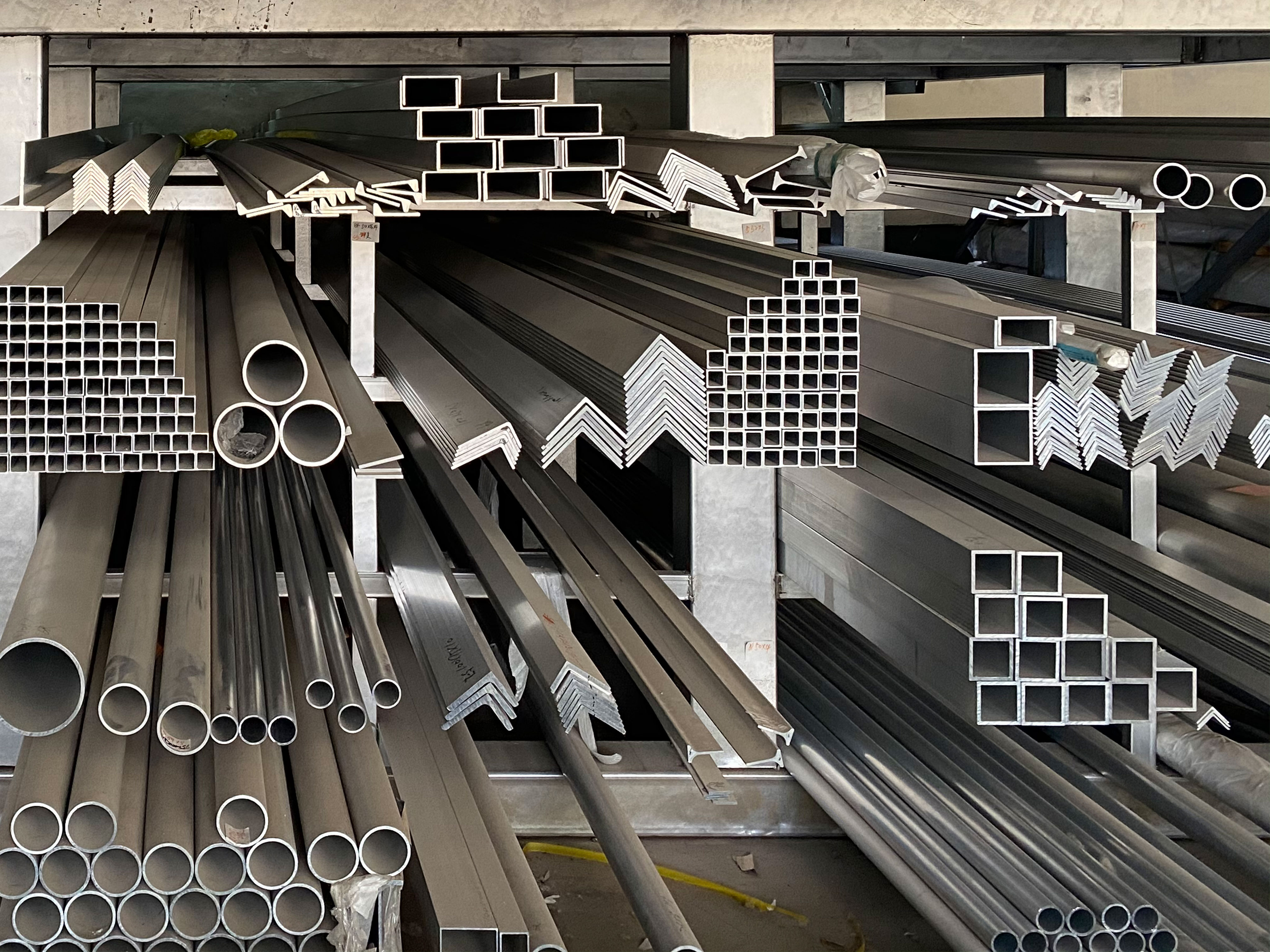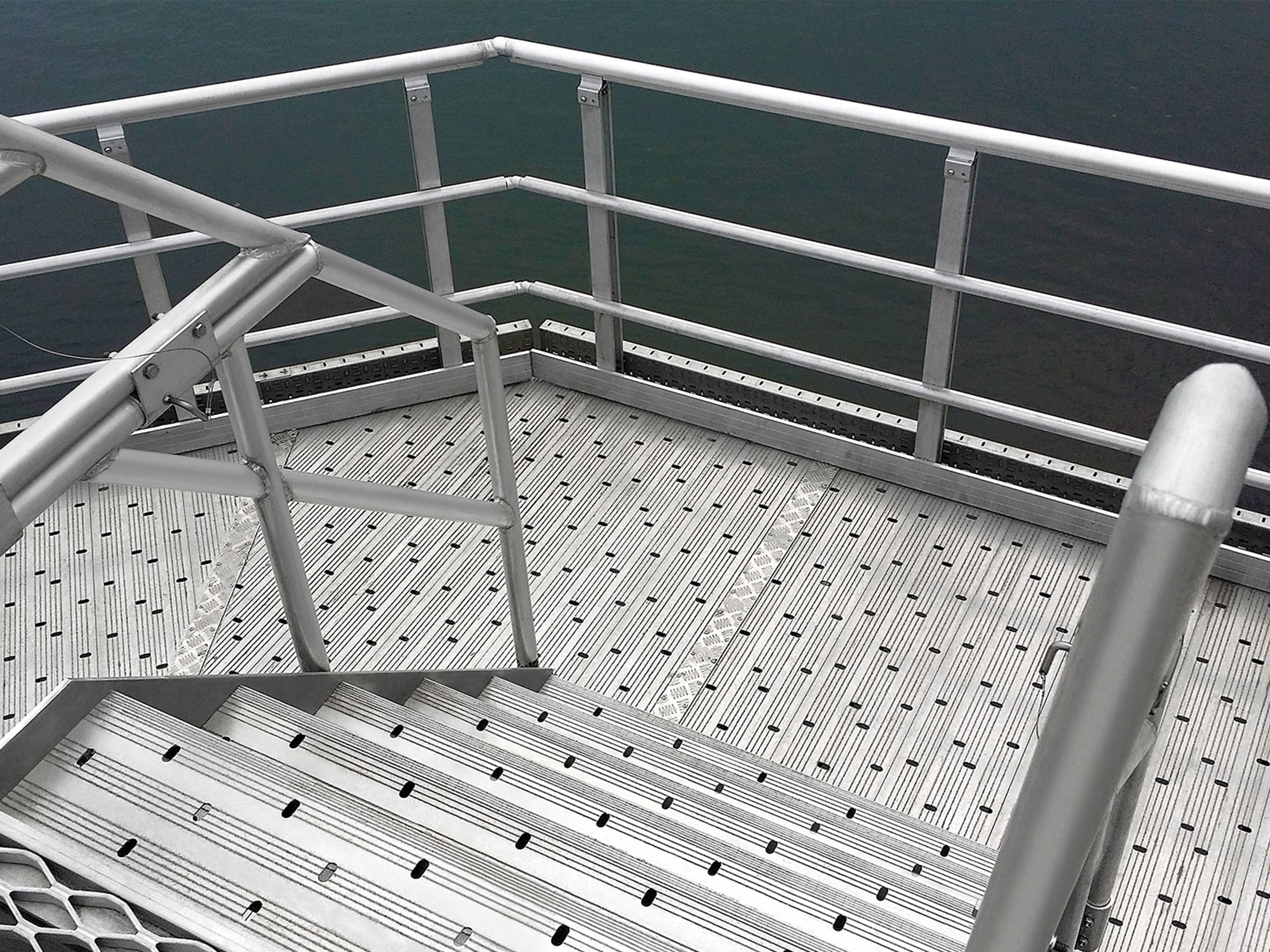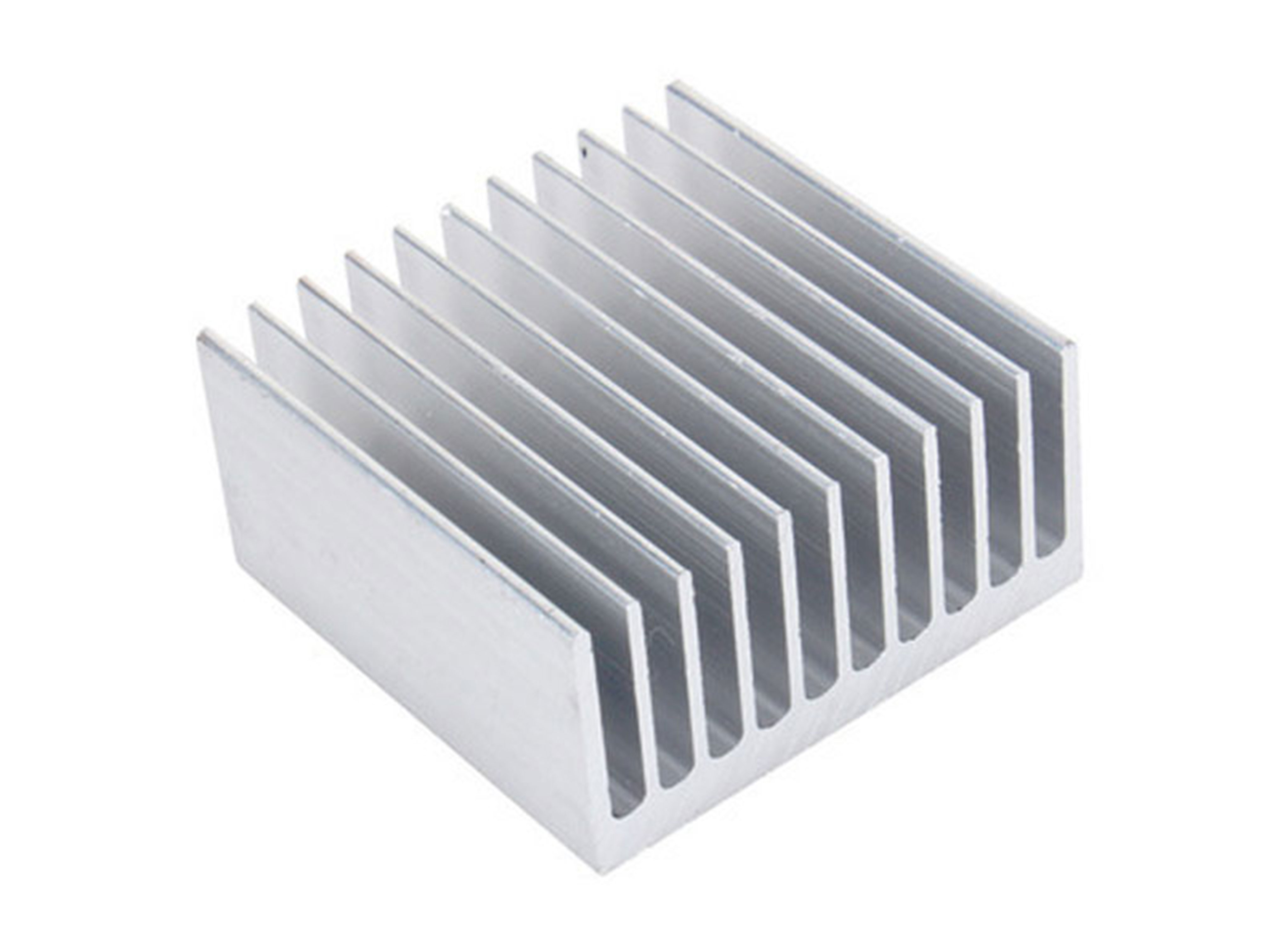6061 Marine Aluminum Customized Shapes for Saltwater Resistant Marine Equipment Design
In the maritime industry, the durability and performance of vessels and related equipment are non-negotiable. Among the numerous materials utilized, 6061 marine aluminum has continually proven to be a premier choice, especially when customized into unique shapes for saltwater-resistant marine applications. the distinct material properties, tempering conditions, and implementation parameters of 6061 marine aluminum elucidates why it stands apart in the design of resilient marine equipment.
Why 6061 Marine Aluminum for Saltwater Environments?
Marine environments challenge conventional metals with the relentless assault of saltwater corrosion, variable temperatures, and mechanical stresses. 6061 aluminum alloy, a medium to high strength structural alloy composed mainly of aluminum, magnesium, and silicon, is uniquely tailored to resist these harsh conditions. By customizing 6061 aluminum into specific shapes, manufacturers optimize not only the component functionality but also the corrosion resistance critical for saltwater exposure.
Chemical Composition: The Science Behind Corrosion Resistance
The to 6061's robustness centers on its chemical profile. The alloy primarily consists of aluminum (balance) with controlled additions of magnesium (0.8-1.2%) and silicon (0.4-0.8%), which form the foundational magnesium silicide (Mg2Si) precipitation hardening phase. These elements improve the alloy’s mechanical properties while contributing to oxide layer formation that makes the surface resistant to salt spray and galvanic action.
A detailed composition breakdown includes:
| Element | Percentage (wt %) |
|---|---|
| Silicon (Si) | 0.40 – 0.80 |
| Iron (Fe) | ≤ 0.70 |
| Copper (Cu) | 0.15 – 0.40 |
| Manganese (Mn) | ≤ 0.15 |
| Magnesium (Mg) | 0.80 – 1.20 |
| Chromium (Cr) | 0.04 – 0.35 |
| Zinc (Zn) | ≤ 0.25 |
| Titanium (Ti) | ≤ 0.15 |
| Aluminum (Al) | Balance |
The minimal copper and zinc content help avoid galvanic corrosion issues, fundamental when interfacing aluminum parts with various metals.
Temper Designations: Tailoring Strength and Workability
6061 alloy is often supplied in various aftermarket temper conditions. For marine applications, two types are most prevalent: T6 and T651.
- T6 Temper refers to solution heat treatment followed by artificial aging. It grants peak strength (~290 MPa tensile strength) while maintaining excellent corrosion resistance.
- T651 Temper adds stress relieving during solution heat treatment to minimize distortions after machining, making it ideal for custom-engineered shapes requiring tight dimensional tolerances.
Maintaining the integrity of the tempering process is essential. Improper heat treatment may reduce corrosion resistance by altering precipitate structures or promoting micro-crack formations.
Implementation Standards and Quality Control
To guarantee marine-grade performance, 6061 aluminum is manufactured adhering to internationally recognized standards such as:
- ASTM B209 for aluminum sheet and plate materials — which covers critical surface finishing and alloy chemistry for corrosion resistance.
- ISO 6361 ensuring manufactured thicknesses and chemical compositions meet rigorous marine engineering requirements.
- MIL-A-8625 Type II or III anodization for enhanced saltwater protection, when applicable.
Customizing 6061 marine aluminum into specialized shapes—from extrusions to plates and forgings—requires combining schematic design with precise formability constraints. Skilled fabrication methods, including CNC machining and bending within the alloy’s natural mechanical limits, ensure structural performance matches corrosive stress expectations.
The Advantage of Customized Shapes in Marine Equipment Design
Standard aluminum profiles meet typical usage; however, customized 6061 marine aluminum shapes open new possibilities in crafting saltwater equipment:
- Optimized Hydrodynamic Forms: Customized hull or component sections fabricated for drag reduction and improved seaworthiness.
- Weight-Optimized Constructs: Complex extrusions reduce material usage while retaining strength, improving vessel fuel economics.
- Integrated Fasteners and Fittings: Precision slots and angles built into metal elements reduce assembly failures and saltwater exposure to vulnerable joints.
Each custom shape undergoes rigorous verification for anodic protection, welding suitability (especially friction stir welding to preserve corrosion resistance), and environmental aging to ensure long-term durability.
Related Products
Marine aluminum fencing and railings
Marine Grade Aluminum Fencing and Railings are fabricated using marine-grade aluminum alloys such as 5083, 5052, and 6061, which are engineered specifically for protection against saltwater corrosion and marine atmospheric conditions.
View DetailsMarine aluminum customized shapes
Marine Grade Aluminum Customized Shapes encompass a broad range of aluminum extrusions and fabrications engineered beyond standard profiles—such as channels, angles, tubes, and beams—into complex, project-specific geometries.
View DetailsMarine aluminum heat sink profile
Marine Grade Aluminum Heat Sink Profiles utilize alloys such as 6061 and 6063 that not only exhibit high thermal conductivity but also possess excellent corrosion resistance required for saltwater exposure.
View DetailsRelated Blog
6061 Marine Aluminum Customized Shapes for High Performance Offshore Vessel Design
Explore the advantages of 6061 Marine Aluminum customized shapes engineered for high performance offshore vessel design. detailed specifications, temper conditions, mechanical properties, and corrosion resistance features tailored for marine environments.
View Details6061 Marine Aluminum Heat Sink Profile for Custom Boat and Ship Engine Cooling
Explore the superior cooling efficiency of 6061 Marine Aluminum Heat Sink Profiles, engineered for custom boat and ship engines. detailed specifications, temper types, chemical properties, standards compliance, and advanced corrosion resistance features o
View Details6061 Marine Aluminum Customized Shapes for Saltwater Resistant Marine Equipment Design
In the maritime industry, the durability and performance of vessels and related equipment are non-negotiable. Among the numerous materials utilized, 6061 marine aluminum has continually proven to be a premier choice.
View DetailsMarine Aluminum Fencing and Railings for Durable Boat Deck Guardrails
OverviewMarine aluminum fencing and railings are purpose-designed alloy systems used for guardrails, handrails, stanchions, and safety barriers on boats, docks, marinas, and waterfront properties.
View Details6061 Marine Aluminum Fencing and Railings for Custom Offshore Deck and Railings
6061 Marine Aluminum fencing and railings provide a lightweight, corrosion-resistant, high-strength solution for custom offshore decks and railings.
View Details6061 Marine Aluminum Customized Shapes for Lightweight Offshore Platform Design
Explore how 6061 marine aluminum customized shapes offer superior strength, corrosion resistance, and lightweight characteristics essential for innovative offshore platform design, enabling robust and efficient marine structures.
View Details











Leave a Message